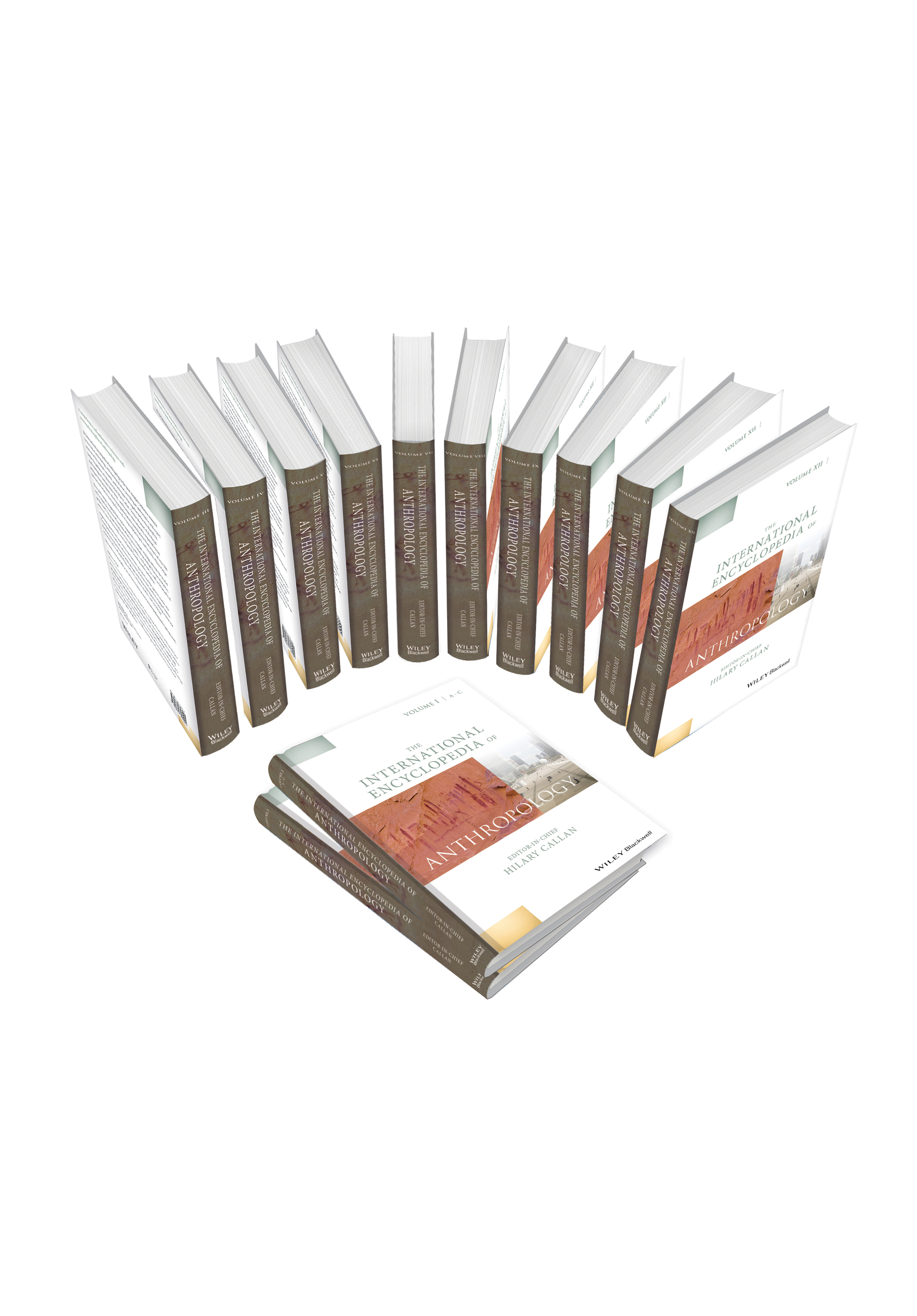Division of Labor
Abstract
For key areas of anthropological enquiry throughout the twentieth century, analyses of the division of labor were largely informed by Marxist and Durkheimian models, which posited that society functions as a collective economic whole. Durkheim's analysis of highly developed divisions of labor suggested that complex societies exhibited “organic” solidarities, which function for the collective good. Such an assumption informed the structural–functionalist school of British social anthropology in the early to mid-twentieth century. In comparison, Marxist models of the division of labor describe antagonistic classes defined by their role within production. Such a model was influential to the development of Marxist and feminist anthropology in the mid-twentieth century.



